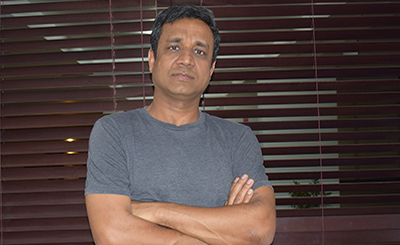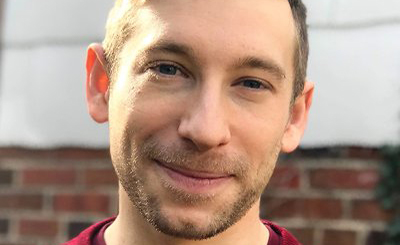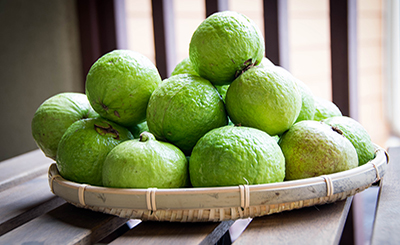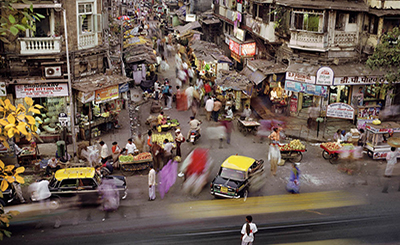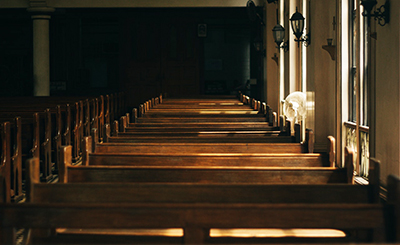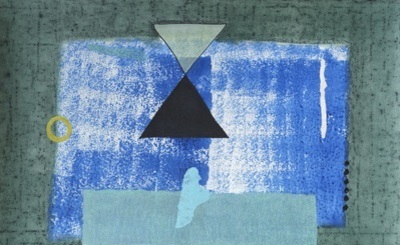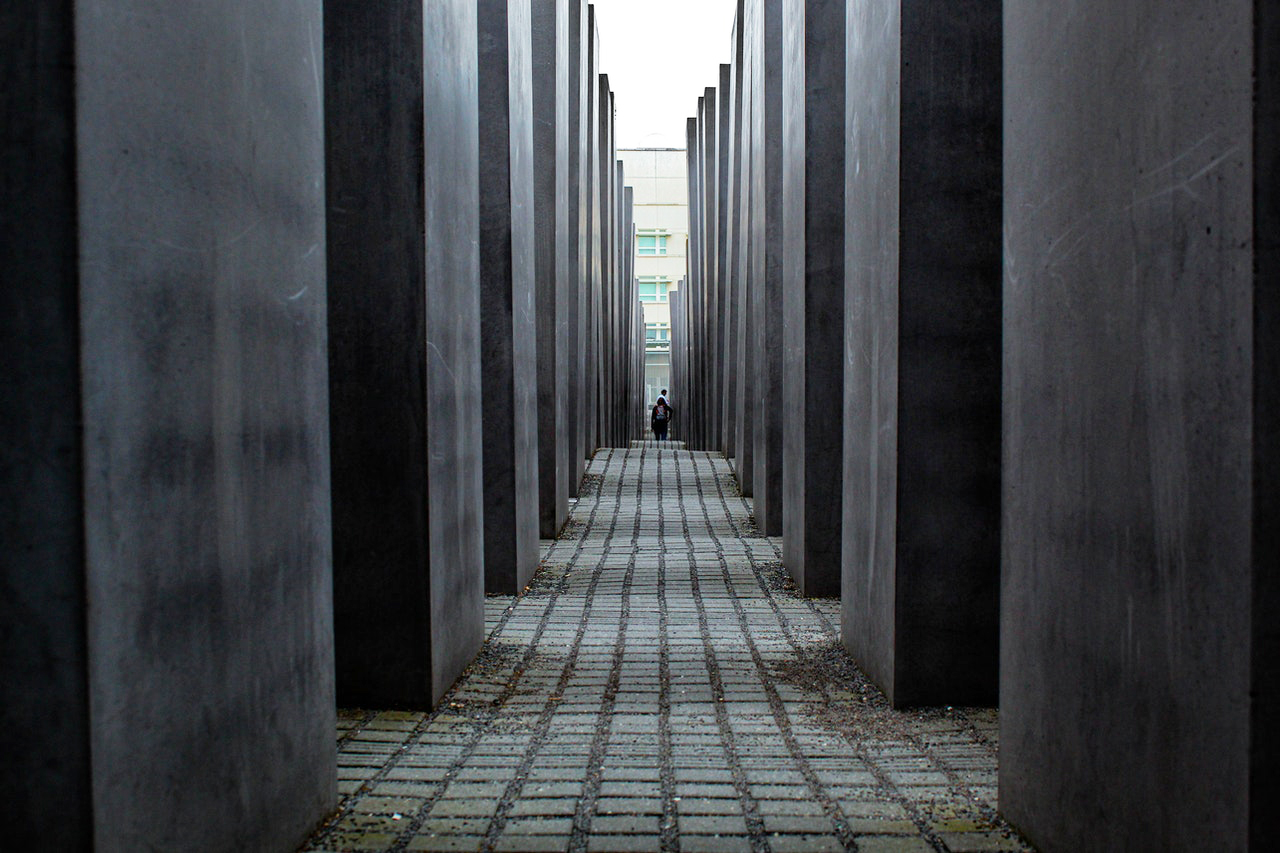
‘Poetry must tell a story. It must stir emotions.’
I started writing in English out of necessity. In my student days, I read the masters of modern Assamese poetry, Ajit Barua, Navakanta Barua, Hiren Bhattacharya, SanantaTanty, Sameer Tanti, Nilim Kumar (and occasionally the Bengali ones, Purnendu Patri, Shakti Chattopadhyay, Joy Goswami). Then I shifted to Pune to do my master’s degree. My friends there did not understand Assamese, and as a young poet, I wanted to share my work with my friends. So, I started translating my Assamese poems into English. Slowly, by osmosis I guess, poetry started visiting me in English. Perhaps I was learning to be comfortable in the language I had acquired late in life.
In the bargain, I lost my mother tongue (unlike Dilip Chitre or Arun Kolatkar). As a compensation, these days I translated Assamese poetry into English. I have already published a translation of Sananta Tanty’s work. Another translation of Nilim Kumar’s poetry is forthcoming.
During my master’s, I also discovered TS Eliot, who spoke to me unlike any other poets I had ever read. So, in a sense, my poetry is influenced by Eliot. I am aware that Eliot’s modernist sensibility is too indulgent for the post-modern world we live in, but I cannot help it. I have read widely since then, and discovered many poets that I admire (Elizabeth Bishop, Seamus Heaney, Geoffrey Hill), but Eliot remains the guiding light in my quest for poetry.
If you ask me, the reason is simple. The Assamese poets that I read, those who inspired me to write poetry, they themselves in turn were influenced by Eliot and other modern poets. So, I discovered modernism twice and I could never shake its influence.
Unlike other poets with a bilingual background, somehow, I am not interested in the function of language in poetry. I am old school. For me, poetry must tell a story. It must stir emotions. It must transcend personal for universal.
Lines Invoking the End of the World
1
The world has ended before,
at least once if not multiple times — once
Saturn was our sun — Sol Invictus,
Venus, the long-haired Goddess,
the unnamed comets, the fiery dragons — it was
the Twilight of the Gods,
Ragnarok,
Satya Yug.
The world ends but the Earth spins ceaseless,
hiding in its barren womb memories
of a lost world
like dry grass near highways waiting for rain,
and a new civilization picks them up and moulds them
for their dreams,
for their sustenance,
building Gods, heroes, saviours.
And here we are, the last of the species
at our twilight, waiting for the end.
Let the world end. Let someone else
discover our memories, these lines —
fossils of our failures,
broken milestones of an undiscovered country
for an unborn cartographer —
there be dragons.
2
The end is nigh.
But how? And where?
To be certain, it wouldn’t be a deluge,
Yahweh will not break his promise.
So it would be on the plains of Megiddo
(a real possibility if you know your history)
in a clash between the proverbial good and evil
and we will witness the seven angels with their weapons of end
to turn the waters red, to scorch the earth, to release the Beast,
and we will hear the thunder say, ‘It’s done.’
Maybe we will follow
Dajjal’s 40-day sojourn on the back of a donkey,
the blind man with empty eye sockets, and long,
unkempt hair with ‘kaffir’ tattooed on his forehead,
and telecast live his duel with the Messiah,
but not before Gog-Magog destroy everything
that we ever erected to invite the Fallen One, as
our flesh consume away where we stand, and our
eyes and our tongues, until nothing remains —
for ‘good’ is a fairy tale and we wake up dead.
Maybe we will be introduced to
Loki’s brood, the serpent of the sea
and the Fenrir, the hungry wolf,
who will swallow Odin whole to make him
an example for us, greedy and insatiable until
the very end, even as polar caps melt the scars
of the earth as tremors open up its heart to make
mass graves for us, and Robert Frost would prove
right — as Surtr’s sword incinerate the world —
that either ice or fire would suffice.
Maybe somewhere there
we’ll witness Kalki ride from his island home
in a white steed made of metal
and his futuristic weapon of end.
Someone will unlock the gates of hell and find it empty.
And then? Then you are dead —
from war, famine, pestilence — take your pick. You
drown in a river of blood as a vulture nibbles on your intestines.
And what if you cannot die, and cannot shoo away
the feathering fear feasting on your divided torso?
3
Don’t cry for the dead — they’re the lucky ones.
Pray for the living, those who carry in their
beating hearts tiny, flickering flames — hope
— for a world yet unimagined.
The essay and the poem are part of our Poetry Special Issue (January 2022), curated by Shireen Quadri. © The Punch Magazine. No part of this essay or the poems exclusively featured here should be reproduced anywhere without the prior permission of The Punch Magazine.
More from The Byword
Comments
*Comments will be moderated





